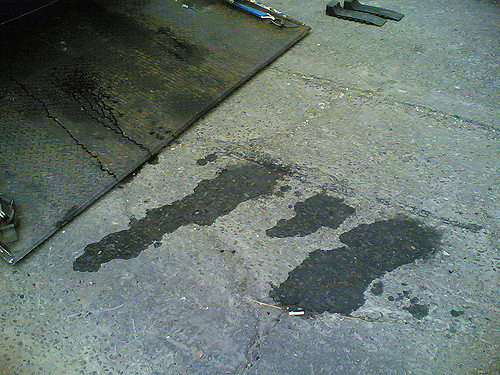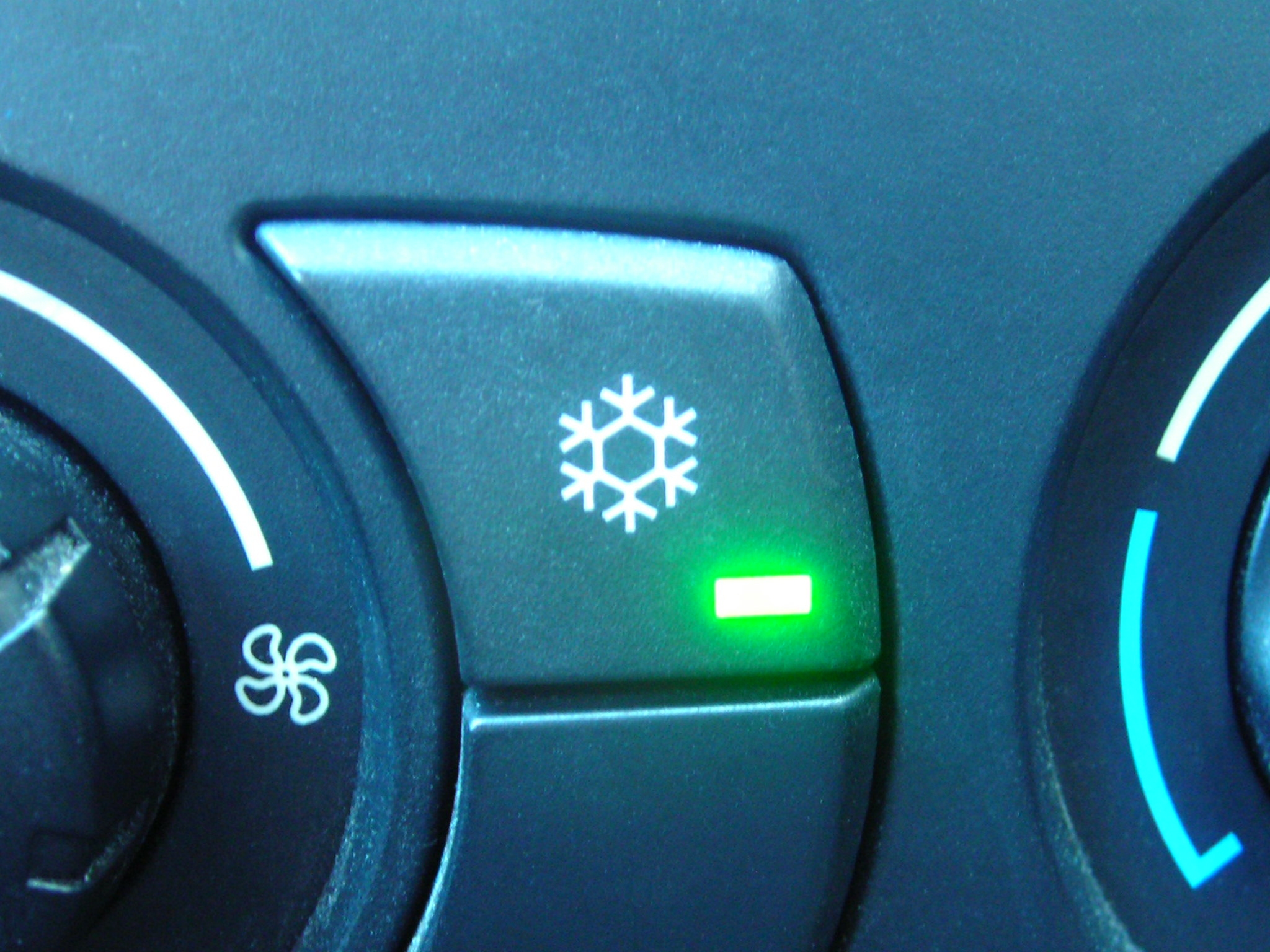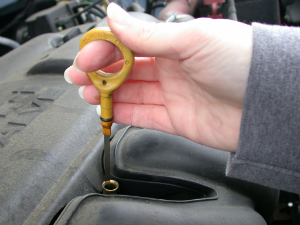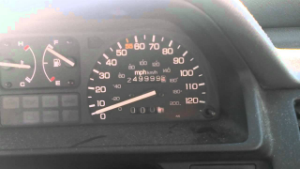Posted on 8/11/2016

For some, the idea of an "organized car" is almost blasphemous, but having your vehicle set up so you can actually find things can be pretty nice. The bigger the vehicle -- minivans, SUVs -- and the more people they haul, the more disorganized they can get. Don't let your minivan turn into a rolling dumpster -- here are some great ideas for keeping it organized. -- While newer vehicles have come a long way in terms of driver and passenger ergonomics and an abundance of cubbies and cupholders, you can use a simple shower caddy across the back of a seat and make it easier for back seat passengers to keep toys, snacks, and other stuff within easy reach. -- Doesn't it always seem like you have way, way too many plastic grocery bags? Keep them organized by stuffing them into an empty Kleenex box...empty grocery bags are very handy for trash, diapers and other assorted stuff.--Everyone has had the experience of pawing through the glove-box for something they really need, and not be ... read more
Posted on 7/14/2016

You go out to your car, start it up, pull out of your parking space and see a puddle of...something...where you were parked a moment ago. This is never a good feeling. What could it be? Fortunately, some automotive fluids are dyed different colors to make this a little easier to narrow down. Does it appear to be water? Were you recently running your A/C? Chances are that's just condensation from the A/C system, which drips out through a rubber tube and is perfectly normal. No worries there. For years, antifreeze was dyed a bright green to make it easy to identify. Today, other antifreeze formulations can be colored pink or orange, but it's still not hard to figure out -- antifreeze has a sweet-ish, unmistakable smell due to its ethylene glycol content.Gasoline is a pale yellowish or orange color, and also has a distinct smell that you'll recognize right away. Gasoline evaporates quickly and may feel cool on your finger if you dip it into the puddle. It's also, of course ... read more
Posted on 6/30/2016

Believe it or not, the A/C system in your vehicle is fairly simple in principle and design. Like your refrigerator, it operates on a cycle of compression and expansion of a gas, known as refrigerant. The compressor turns the gas into a liquid, and as the gas evaporates it provides cooling. Like your refrigerator, its main components are: Compressor Condenser Receiver/dryer Thermostatic expansion valve Evaporator Refrigerant Blower The good news is most automotive A/C systems have become very robust and reliable compared to cars from a generation ago. Most of the time, poor performance is due to low refrigerant levels due to leaks in the system around the O-rings, gaskets, seals, and lines (which can all dry out and shrink). Low refrigerant can mean other problems though. Since refrigerant contains oil which lubricates the compressor, low levels of refrigerant can mean an overheated compressor sending tiny shards of metal through the rest of the system to wreak havoc ... read more
Posted on 5/26/2016

At one time, there were only a couple of choices for motor oil. Today, that is no longer the case, and hasn't been for quite some time. Here's a quick breakdown of what you need to consider when it's time for an oil change: Viscosity: Viscosity is how thick your oil is, and how it retains its pour properties at various temperatures. In this respect, synthetic oil is far superior. Conventional oils will thicken in cold weather and thin out when very hot, while the viscosity of synthetic is much more uniform. Check your owner's manual -- many newer models require a thinner, lower-viscosity oil, which also helps the engine run more efficiently. Viscosity is expressed as a numerical value -- the lower the number, the thinner the oil. Many are designed to work at various viscosities, i.e. a rating like 5W-30. Premium Conventional Oil: For most vehicles, premium conventional oil is just fine. Conventional oil does a good job of protecting engine parts from wear and overheating, and is availa ... read more
Posted on 4/14/2016

If you’re old enough, you probably remember the cars from the late 70s and early 80s that weren’t good for much more than 120,000 miles before they started to develop real problems and were junkyard bound. Today, thanks to improvements in design, metallurgy, manufacturing techniques and machining, those days are over and it’s not at all unusual to see vehicles with well over 200,000 miles on the odometer and still running strong.Here’s a quick rundown of some vehicles to consider which have a track record of being good for 250k miles or more: Toyota Corolla: Probably not a surprise to fans of Toyotas, the simple, no-frills Corolla hasn’t changed much since the early 00s…but Toyota’s approach to the tried-and-true Corolla is, “if it ain’t broke, why fix it?” The Corolla has a reputation for just soldiering on down the road with little need for anything more than routine maintenance. Honda Civic: The Honda counterpart to the Cor ... read more